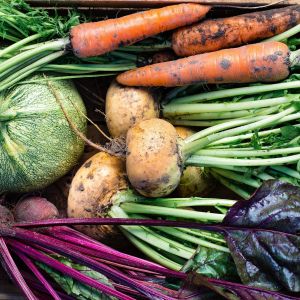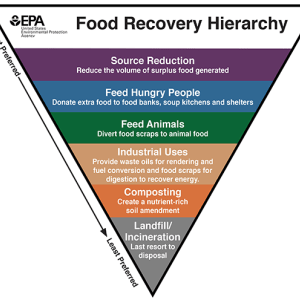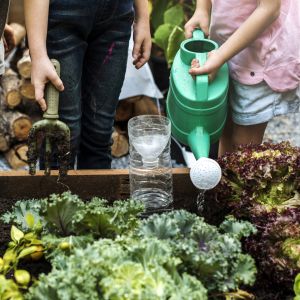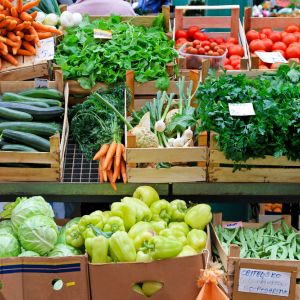Wasted Food
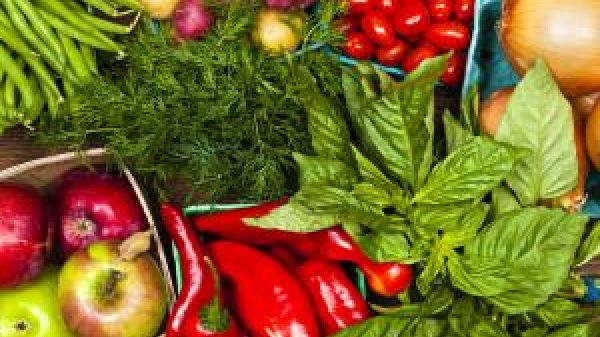
Each year, the food we waste could feed millions of people and costs the North American economy billions of dollars. We also waste millions of tons of fertilizer each year on growing food never eaten, not to mention the millions of hectares of natural habitat lost to farmland dedicated to growing wasted food. Wasted food is a huge issue in the US and in many parts of the world. Use the resources below to educate and inspire students and communities to get involved in addressing the wasted food issue and help save our planet.
This is an outstanding educational resource for a wide age range of students in formal or non-formal settings. The Kids’ Action Kit is designed for ages 5-13, and the Youth Action Kit for ages 14-25. The activities allow students to get hands-on with food waste to learn how to reduce it on a personal level, but also incorporate learning from a variety of viewpoints, and include traditional ecological knowledge (TEK) from indigenous communities across North America. This action kit is also interactive, incentivizing students to complete activities by awarding badges at specific milestones, encouraging individual inquiry and synthesis of complex concepts related to food waste through this reward system.
Guidelines: Action orientation, Emphasis on skills building, Usability
This resource provides a great foundation to explore the issues surrounding food waste in the US. Particularly, educators can obtain a policy point-of-view to incorporate into lesson plans, as well as a proposed hierarchy that many organizations use in real time to manage food to prevent waste and the best practices to manage waste on different scales. Interactive portions of this website can allow students to explore excess food opportunities in the US, including potential generators and recipients of excess food and how excess food can be used to reduce hunger in the US.
Guidelines: Action orientation, Depth, Fairness and accuracy
Each lesson plan includes not only the curriculum, but also everything needed to promote student inquiry, including classroom activities. Each lesson plan includes assessments educators can use to evaluate students’ comprehension of key concepts. Although the lesson plans are geared towards K-5 students, the resources for each lesson plan are listed, making these lesson plans easily customizable for the needs of each classroom. Supplemental links are included on the page to provide additional information and activities for students.
Guidelines: Action orientation, Depth, Emphasis on skills building, Fairness and accuracy, Instructional soundness, Usability
This organization offers an outstanding compilation of resources, which span a wide breadth of topics related to food waste. Including resources from a diverse array of organizations and agencies provides a look at food waste from multiple viewpoints and presents information on the different ways that excess food can be managed from both an industry and a policy standpoint. Whether an educator is looking for broader foundational material for a lesson plan or more in-depth information, this resource is a great place to start!

